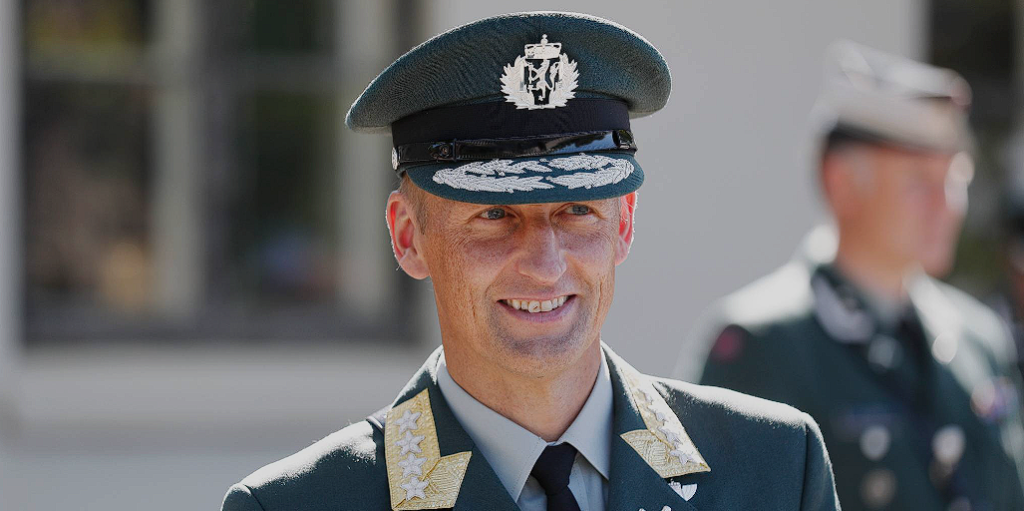Norwegian Defense Chief Eirik Kristoffersen has issued a stark warning: NATO must be prepared for potential conflict with Russia within the next two to three years.
Others are reading now
In an interview with Bloomberg, Kristoffersen emphasized that Russia might regain its conventional attack capabilities against NATO much sooner than many experts have predicted.
“At one point, someone said it would take ten years for Russia to rebuild its military capacity. But I think we’re back to less than ten years because of the industrial base now in Russia,” Kristoffersen stated.
Urging the West to Act
Kristoffersen believes NATO must fully utilize the upcoming years to strengthen its defenses.
“The Russian rebuilding will take some time, which gives us a window over the next two to three years to rebuild our forces and replenish our stocks while supporting Ukraine.”
Also read
Doubling Defense Spending
In response to the increasing threat from Russia, the Norwegian Parliament recently approved a plan to double the country’s defense spending over the next twelve years.
This investment will focus particularly on enhancing naval and air defense capabilities.
Norway aims to increase its defense budget to meet NATO’s requirement of 2% of GDP by 2024, with an ambitious goal of reaching 2.7% by 2030.
“I see a window now where we can meet the requirements agreed upon by NATO. But we must hurry. We need to be ready in two to three years for whatever might happen,” Kristoffersen urged.
NATO’s Common Objectives
-
Since 2014, NATO has aimed for member states’ defense spending to reach at least 2% of GDP by 2024.
-
At least 20% of defense expenditures should be allocated to material investments.
-
During the summit in Vilnius on July 11-12, 2023, NATO members agreed on a stricter target, making the 2% GDP spending not just a goal but a minimum requirement to address the deteriorating security situation and the obligations of NATO membership.


